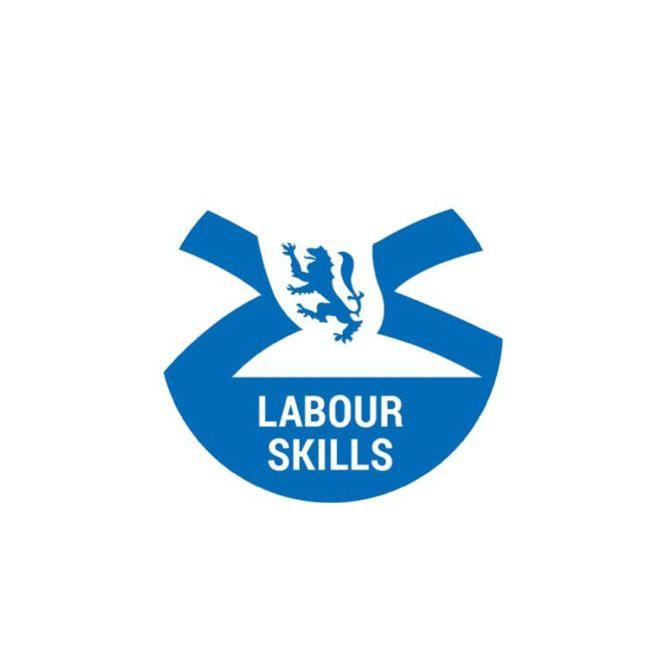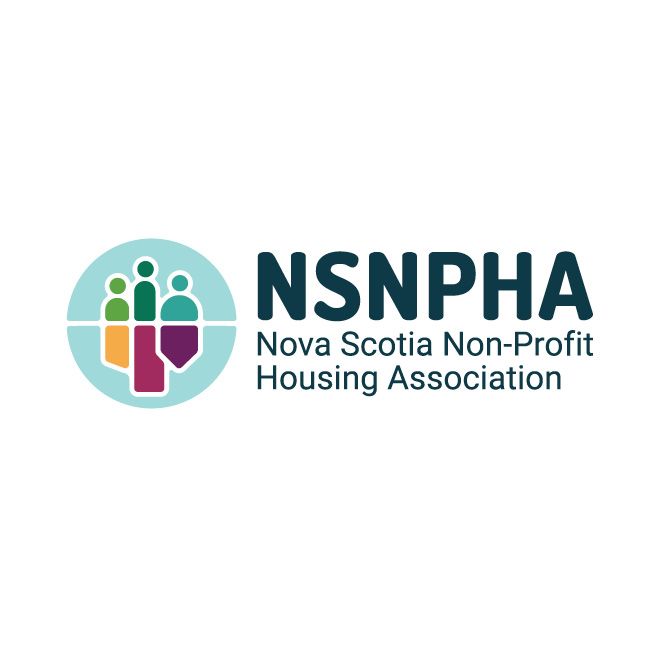Building the Future of Nova Scotia
Nova Scotia’s housing construction industry is a critical driver of the province’s economy, employing more individuals at more companies specializing in housing construction, renovation and specialized sub trades. These companies play a pivotal role in addressing the province’s housing needs, from single-family homes to multi-unit housing projects. The industry continues to grow in response to increasing demand for housing, particularly in urban areas, while also facing the challenges of climate change, sustainability, and workforce development.
Key Industry Associations and Organizations
The housing construction sector in Nova Scotia benefits from the involvement and support of numerous industry associations, coalitions, and government bodies. These groups help shape policies, advocate for sector growth, and provide resources for workforce training and development:
Canadian Home Builders’ Association – Nova Scotia (CHBA-NS)
CHBA-NS is the leading industry association representing home builders, developers, renovators, and suppliers. The association is committed to advancing building standards, promoting energy-efficient housing, and supporting the growth of the housing construction industry through advocacy, and partnerships.
Nova Scotia Non-Profit Housing Association (NSNPHA)
Focuses on supporting non-profit housing providers across the province. NSNPHA works closely with the housing construction industry to ensure that affordable housing options are available and maintained, and it promotes collaboration between private builders and non-profit organizations to address housing affordability challenges.
Affordable Housing Association of Nova Scotia (AHNS)
AHANS advocates for increased investment and policy reforms to support affordable housing development in Nova Scotia. They engage with the housing construction industry to develop strategies for building affordable homes and ensure that housing is accessible to all Nova Scotians, particularly low- and moderate-income households.
Department of Municipal Affairs and Housing (DMAH)
This government department plays a crucial role in overseeing housing policy, land-use planning, and municipal support programs. DMAH collaborates with industry partners to ensure that housing projects meet regulatory standards and that new developments align with the province’s housing goals.
Apprenticeship and On-Demand Trades Training
The housing construction industry in Nova Scotia relies heavily on skilled trades to meet its workforce demands. Several key organizations and government bodies are responsible for providing apprenticeship programs and specialized training to ensure a steady supply of qualified workers:

Nova Scotia Apprenticeship Agency (NSAA)
NSAA oversees the province’s apprenticeship system and supports training programs for trades like carpentry, electrical, plumbing, and other essential construction roles. The agency plays a key role in maintaining industry standards and ensuring that tradespeople are prepared to meet evolving industry demands.

Department of Labour, Skills and Immigration (LSI)
This department administers and funds apprenticeship programs across the province, ensuring alignment with industry needs. DLSI collaborates with industry and training providers to address workforce shortages and manages the Nova Scotia Sector Council Programs
Post-Secondary Education and Specialized Training Providers
Nova Scotia’s network of post-secondary institutions and specialized training providers is critical to developing a skilled workforce for the housing construction industry. These institutions offer a wide range of programs designed to train workers in essential and on-demand trades:

Nova Scotia Community College (NSCC)
NSCC is the primary provider of trades education in the province, offering training in carpentry, plumbing, electrical, and related trades. It also provides apprenticeship programs, ensuring that graduates are job-ready upon completing their studies.

Dalhousie University – Faculty of Architecture and Planning
Dalhousie offers programs that emphasize sustainable building practices and urban planning, helping to equip future professionals with the skills needed to design and construct resilient and energy-efficient housing.

Private Training Providers
Private institutions and trade unions, such as The Professional Home Builders Institute (PBI) is a leading educational and certification organization dedicated to the advancement of the housing construction industry. Established to support builders, contractors, and renovation professionals, the institute offers a range of training programs and certification courses that help industry members improve their skills, stay updated on building standards, and meet regulatory requirements.
Collaboration Fuels Growth
Nova Scotia’s housing construction industry is a significant economic driver, with over 30,000 employees and more than 3,000 active companies. The sector is supported by a range of industry associations, educational institutions, and government agencies, all of which play crucial roles in advocating for housing growth, promoting sustainability, and developing a skilled workforce. Continued collaboration and investment in workforce development, particularly in energy-efficient and climate-resilient construction, will be essential to meeting the province’s growing housing demands and ensuring the sector’s long-term sustainability.



